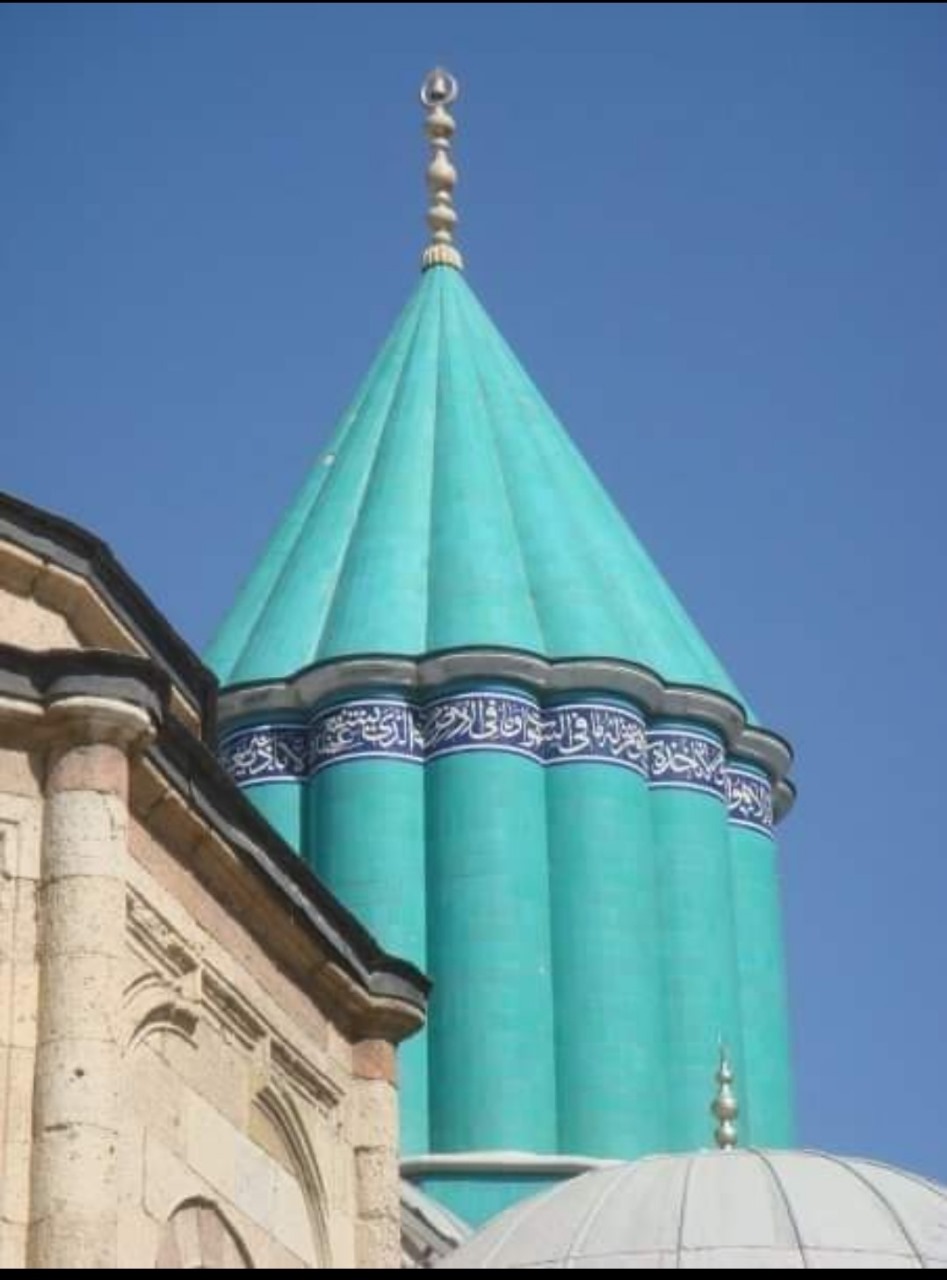The Story of Hazrat Yusuf (as)
NOTES
1. The Sea of Oman is often used as an idiom, meaning the southernmost part of the
Persian Gulf.
2. Cumin-seeds to Kerman: cumin is an aromatic seed-like fruit, used as a spice, abundantly available in the Persian city of Kerman. Thus, this is a metaphor for acting foolishly: “… a proverb like ‘taking ice to Alaska.
3. “There is nothing in the world that God does not bring into existence, and every existent thing reveals some aspect of Him; but His Essence is only revealed to itself when it is mirrored in the Perfect Man who has ‘passed away’ and become one with the Object of his contemplation. ‘None but God has contemplated the beauty of God'”
4. Non-existence: [“non-existence,” “not-being”] denotes the relative non-
existence, i.e. the mere potentiality of existence, which is perpetually being actualized and clothed with Divine attributes and names; this ‘not-being’ is, so to speak, the material on which God works in order that His perfections may be displayed; and for that purpose no other mirror can serve so well as the ‘not-being’ of the mystic whose heart is entirely purged of egotism.”
5. “Bounty and indigence are mutually dependent on each other: the poor man needs the alms of the rich, but the rich man also needs the poor in order that his munificence
may be shown.”
6. Hunger is one of the basic instincts to live and survive in this material life.
7. Flint, the cotton rope which is dipped in oil, and it catches fire to light oil lamps.
8. Elixir: the “philosopher’s stone,” which was supposedly able to transform base metals, such as copper or lead, into gold.
9. The elixir’s true properties remain hidden until it transforms a base metal like copper into gold, revealing its extraordinary power. In contrast, the properties of copper are well-known and ordinary. This alchemical transformation adds immense value, making it highly coveted. Similarly, the company of a learned and virtuous person has the power to elevate the thoughts, actions, and character of an ordinary individual, bringing about a profound transformation that enriches their inner and outer life.
10. This passage, along with the preceding ten lines, highlights the doctrine that the true nature of something becomes evident through contrast with its opposite. Our understanding of phenomena is shaped by their relationship to their counterparts. Without the existence of darkness and evil, we would remain unaware of light and good. Similarly, recognizing our deficiencies is the essential first step on the path to self-improvement and perfection. This idea resonates with Ibn Arabi’s principle of opposites, which asserts that all existence is defined and understood through its contrasts, revealing the unity and balance within creation.
11. An idiom meaning to advance far and make rapid progress.
12. The Owner of Majesty: refers to God, as in the verse, “And the Face of your Sustaining Lord will remain (forever): the Owner of Majesty and Honor” (Qur’an 55:27, 78).
13. Pretender”: a word play which contrasts with “Owner of Majesty” in the previous line. Means here one who flirts with the eyes due to a conceited self-opinion.
14. Blood… from the heart and eyes: an idiom of wounded (emotional) suffering.
15. In the Qur’an, Satan is commanded by God to bow to Adam, who demonstrated his superiority over the angels by knowing “the names of all things”—interpreted by Sufis as knowledge of the Divine Names of God—which the angels did not know (Qur’an 2:31-34). However, Satan, driven by arrogance, refused and declared, “I am better than him. You created me from fire, and You created him from clay” (Qur’an 7:12). Sufis teach that this arrogance is not unique to Satan but is a spiritual disease that lingers within the souls of humanity, causing conflict and suffering. They emphasize that a disciplined spiritual path, known as tasawwuf (Sufism), is essential for purifying the soul of such destructive tendencies and cultivating humility and harmony.
16. self (nafs): may also be translated as soul, or ego.
17. Sufi master is a term used for shaykh or mentor.
18. the Universal Soul: “…the second emanation from the One in the Neoplatonic system”

A window to Mathnavi Maulvi Ma’nvi
Translation and Commentary Seema Arif
Further Links for Rumi
(Nicholson, Commentary)– of which the individual human soul is the particular manifestation. (The first emanation is “Universal Reason.”) Means here the state of the purified and saintly soul, in this life and the next. Nicholson explained: “The vine-grower digs a channel to irrigate his orchard: so all souls, each in proportion to its capacity, are purified by emanations of spiritual influence from
the PÌr, the Shaykh or Sufi master].”
18. “Can the water of the (polluted) stream clear out the dung? Can man’s knowledge sweep away the ignorance of his sensual self?”) So how can humans get rid of their polluted and destructive thoughts? But only with the help of a Sufi master.
19. your states: means the ugly reality of your physical, emotional. and spiritual situation and condition.
20. a bandage on your wound: means a poultice or dressing, with medicinal ointment, which is wrapped around a wound.

( Copyright 2024 ) Dr. Seema Arif All rights reserved.
All material on this page is Seema Arif’s original writing. Using it in any form of publication and print media without prior permission will be considered a violation of rights. When quoting research papers, proper referencing should be used.





